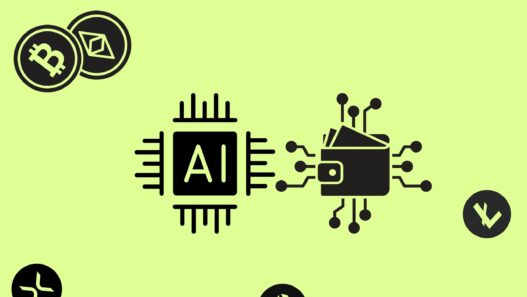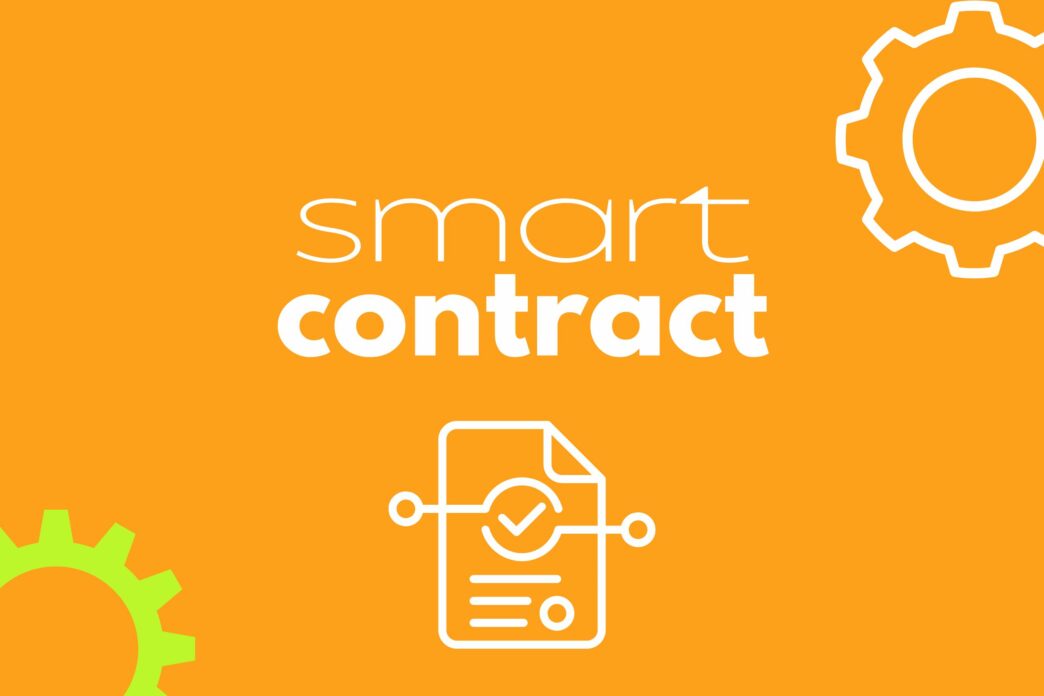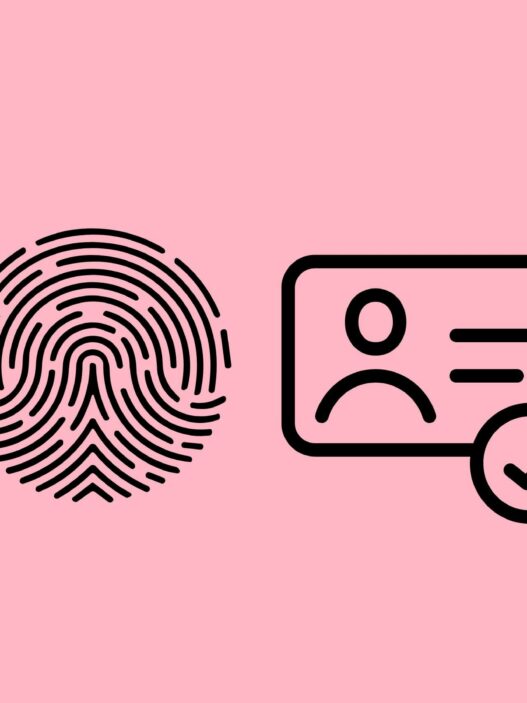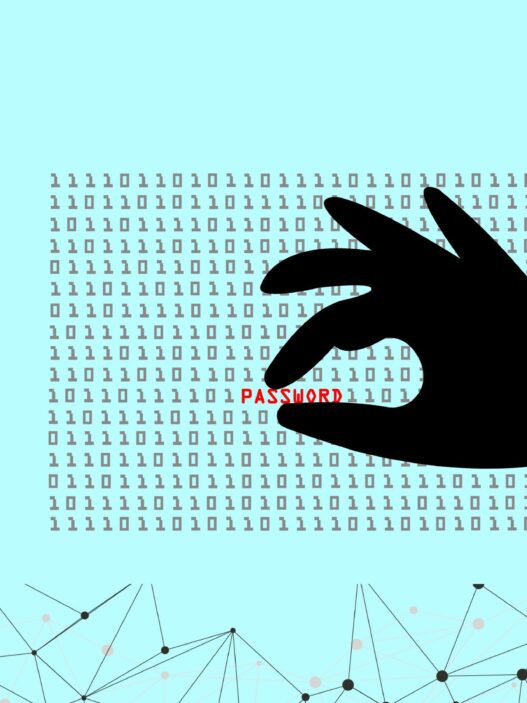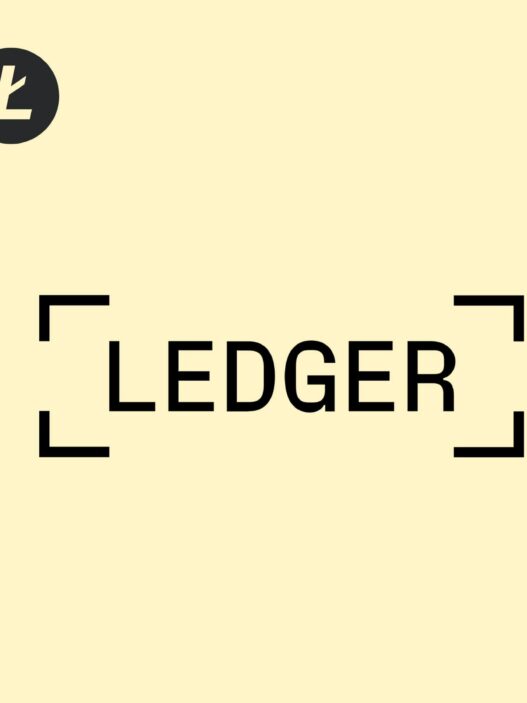Smart contracts are self-executing agreements with terms written in code and enforced by blockchain technology. Unlike traditional contracts that require human intermediaries for enforcement, smart contracts automatically execute and verify transactions when predefined conditions are met.
Nick Szabo, who coined the term “smart contract” in the 1990s, describes them as digital protocols for facilitating, verifying, and enforcing contracts. A simple example of a smart contract is a vending machine: when a buyer inserts the correct amount of money, the machine automatically dispenses the product without requiring a cashier.
In the blockchain context, smart contracts operate as decentralized applications (DApps) that run on blockchain networks like Ethereum and Bitcoin. They allow for the trust-minimized execution of agreements without intermediaries, reducing costs and risks associated with traditional contract enforcement.
Why Make Smart Contracts?
Smart contracts provide multiple advantages over traditional contracts:
- Automation: Execution occurs without human intervention once conditions are met.
- Security: Immutable and tamper-proof, reducing fraud risks.
- Transparency: All parties can verify contract terms and execution.
- Efficiency: Eliminates intermediaries, reducing costs and delays.
- Global Reach: Operate seamlessly across borders, enabling multinational small businesses to engage in commerce without relying on expensive legal frameworks.
Traditional contracts often require trust in legal systems, but smart contracts shift trust to code and cryptography, reducing legal and administrative overhead.
Contract Phases
Smart contracts operate across four primary phases of the deal cycle:
- Search: Matching buyers and sellers (e.g., Uber’s GPS-based driver-rider matching).
- Negotiation: Agreeing on terms, often automated (e.g., auction mechanisms on eBay).
- Performance: Executing the contract (e.g., financial transactions, escrow release).
- Post-Performance: Dispute resolution, reputation systems, or chargebacks.
Unlike traditional contracts, where enforcement often depends on costly legal systems, smart contracts enforce agreements through self-executing code.
Social Scalability
Social scalability refers to how well a system can accommodate a growing number of participants without losing efficiency. Traditional legal systems require manual enforcement, making them expensive and jurisdictionally limited. Smart contracts, however, operate globally and automatically, vastly increasing scalability.
Public blockchains like Bitcoin and Ethereum enable trust-minimized computing, allowing people worldwide to transact securely without intermediaries. This makes smart contracts particularly useful for international trade and finance.
Smart vs. Traditional Contracts
| Feature | Smart Contracts | Traditional Contracts |
|---|---|---|
| Execution | Automated via blockchain | Requires human enforcement |
| Cost | Lower (no intermediaries) | Higher (legal fees, administration) |
| Speed | Instant execution | Delayed due to legal processes |
| Trust | Code-based | Institution-based |
| Transparency | Publicly verifiable | Private, prone to disputes |
While smart contracts are highly efficient, they lack legal flexibility and often require integration with traditional legal systems to handle unforeseen circumstances.
Relationship with Traditional Legal Systems
Although smart contracts function independently, they still interact with traditional legal frameworks. In many cases, legal text may be needed alongside the contract’s code to provide clarity in case of disputes. Courts may be required to intervene when unforeseen conditions arise or if a contract operates unfairly due to poor programming.
Smart Contracts in Court?
Since smart contracts rely on code-based enforcement, they are not directly subject to traditional courts. However, legal intervention may still be necessary in cases of fraud, bugs, or unforeseen external events.
Options for resolving smart contract disputes include:
- On-chain arbitration mechanisms (e.g., decentralized dispute resolution systems like Kleros).
- Multisig transactions where disputes can be resolved via majority agreement.
- Traditional courts where smart contracts are supplemented with legal documentation.
Regtech vs. Smart Contracts
Regulatory technology (Regtech) helps companies comply with financial regulations through automation. While Regtech verifies compliance, smart contracts enforce compliance automatically.
For example:
- Regtech might check whether a financial transaction adheres to AML (Anti-Money Laundering) laws.
- Smart contracts might automatically block non-compliant transactions, preventing legal violations before they occur.
Application Areas of Smart Contracts
Peripheral (Retail) Financial Network
Computer science dictates that public blockchains cannot scale to very large volumes without consuming prohibitively large amounts of network bandwidth that would cause full nodes to fail in their security function, compromising the security of the network. Smart contracts enable decentralized payment systems, such as Lightning Network (Bitcoin) or Raiden (Ethereum), which allow microtransactions at scale.
Financial Plumbing
Smart contracts streamline back-office operations in financial institutions, automating collateral management and settlement.
Worry-Minimized Commerce
Escrow contracts enable secure online transactions, reducing the need for trusted third parties like PayPal or traditional banks.
App Tokens
Smart contracts power token economies, enabling businesses to issue digital assets representing ownership, rewards, or governance rights. The number of tokens and services they buy is exploding; we will need tools to manage this complexity, especially to minimize the resulting mental transaction costs.
Pools and DAOs
Decentralized Autonomous Organizations (DAOs) use smart contracts for collective decision-making, treasury management, and governance without central authorities.
Insurance and Parametric Contracts
Insurance companies use smart contracts to automate payouts based on real-world events (e.g., weather conditions for crop insurance).
Logistics
Smart contracts improve supply chain transparency by tracking goods on blockchain, ensuring authenticity and reducing fraud.
Algorithmic Management
Smart contracts automate business logic, reducing administrative overhead and enabling self-executing business rules.
Smart contracts represent a paradigm shift in contract execution, offering efficiency, security, and transparency. However, they require careful design to avoid legal and technical pitfalls. As the technology matures, we will see wider adoption across industries, transforming the way agreements are made and enforced globally.
Source: Winning Strategies for Smart Contracts, December 2017, Nick Szabo
Nick Szabo is a computer scientist, legal scholar, and cryptographer whose groundbreaking work laid the conceptual foundations for what we now know as smart contracts and, in many ways, modern blockchain technology.
In the mid-1990s, long before the advent of Bitcoin or Ethereum, Szabo envisioned “smart contracts” as self-executing contracts written in code. He saw the potential for these digital agreements to revolutionize how we conduct business and interact, eliminating the need for intermediaries and increasing trust and efficiency. His ideas were revolutionary, anticipating the decentralized applications and automated transactions that are now becoming a reality.
Szabo’s intellectual contributions extend beyond smart contracts concept. He has also explored the concept of digital scarcity and its implications for digital currency, foreshadowing the development of cryptocurrencies like Bitcoin. His work demonstrates a deep understanding of law, economics, and computer science, blending these disciplines to imagine a future where technology empowers individuals and transforms societal structures.
While the technologies to fully realize his vision took time to catch up, Szabo’s pioneering concepts have proven to be incredibly prescient. He is a true visionary whose ideas continue to inspire innovation in the world of blockchain and decentralized systems.



